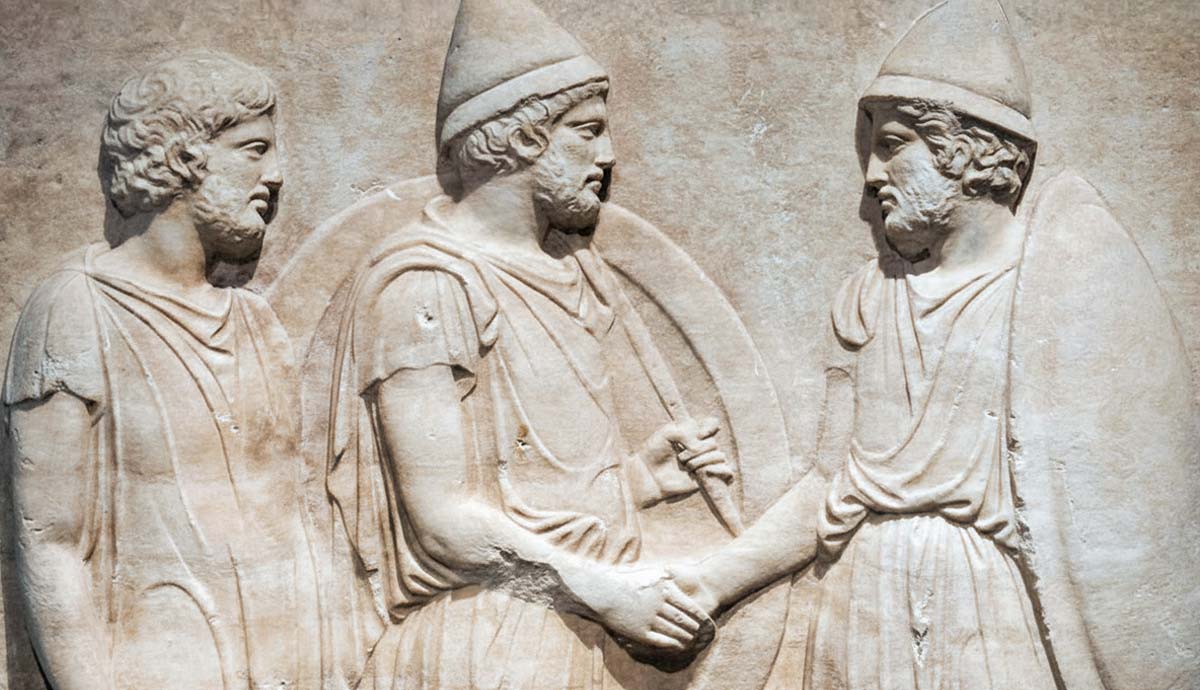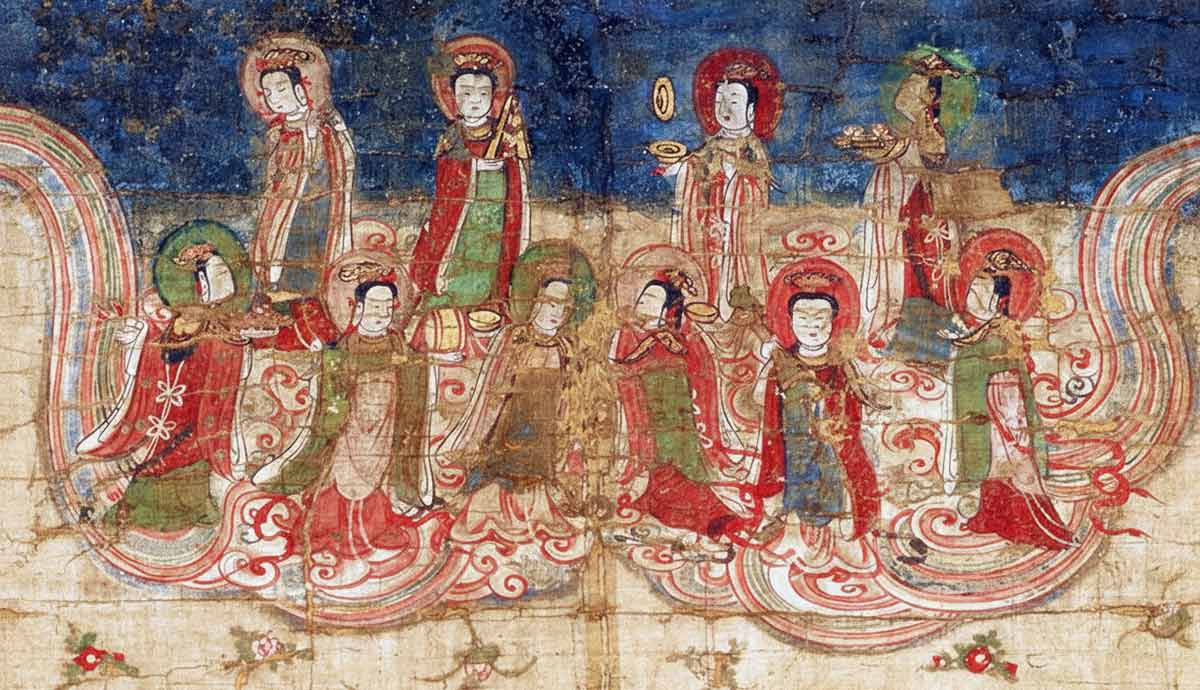
Many Ancient Greek soldiers faced brutal combat disorders; this was because they fought in close battle quarters using weapons such as spears and swords. As such, the psychological toll was immense. While the term Post-Traumatic Stress Disorder didn’t exist, the symptoms were clearly recognized, as many ancient historians and physicians wrote about them.
Which Greek Historical Accounts Recognized Combat Stress?

Some of the earliest historical texts that provide accounts of combat stress disorders include those written by Herodotus, the famous historian. He recorded a famous case when he wrote about the Battle of Marathon in 490 BCE in which the Greeks defeated the Persians. Herodotus told the story of a soldier named Epizelus who was an Athenian hoplite. He was fighting in the thick of the battle when he suddenly lost his sight.
The blindness had no physical cause as he had not been struck in the head or eyes. According to Herodotus, Epizelus saw a giant phantom warrior – a ghost-like figure that stood beside him while in battle and the phantom killed the Athenian soldier next to Epizelus. The shock of this vision supposedly blinded him and Herodotus notes that Epizelus remained blind for the rest of his life. Modern analysis suggests it was a case of psychogenic blindness and a physical manifestation of extreme psychological trauma. Today, it is recognized as a conversion disorder. The account from Herodotus is considered to be a clear observation of a severe stress reaction.

The Peloponnesian War between Athens and Sparta that lasted from 431 to 404 BCE also generated many accounts of psychological distress. According to the historian Thucydides who wrote about the mental state of soldiers, he described how many men became despondent. Many of them lost their will to fight. He also noted how a plague in Athens destroyed soldiers’ morale. In his view, the combination of disease and constant warfare created an atmosphere of hopelessness and terror.
How Did Greek Philosophers Understand Combat Trauma?

While Greek philosophers tried to understand the warrior’s mind, they did not use medical terms. Plato, the Greek philosopher who lived from roughly 428 to 348 BCE wrote about the structure of the human soul in his work The Republic. In the text, he wrote that the soul had three parts. One part was reason, the other was appetite, and the third was the spirited element or thumos.
Thumos was the source of courage and ambition. As such, a good soldier needed a strong and healthy thumos. While military training was designed to strengthen this part of the soul, Plato understood that it could be damaged due to an extreme feeling of fear or shame from battle. These factors, he believed, could overwhelm the thumos and thus create an imbalance in the soul. Consequently, a soldier with a broken thumos was likely to become cowardly or uncontrollably aggressive.
What Were the Medical Theories and Treatments?

The Greek physician, Hippocrates (460 BCE to 370 BCE), offered a different perspective. Often called the Father of Medicine, Hippocrates and his followers rejected supernatural causes for illness. He believed that diseases had natural physical origins and this included mental illnesses. Their central concept was the theory of the four humors.
In this theory, the body contained four fluids and they were blood, phlegm, yellow bile, and black bile. The concept hypothesized that a healthy person had these humors in perfect balance. However, an imbalance caused sickness. Factors such as intense stress, grief or fear could disrupt this balance, and the Hippocratic school of thought believed that combat trauma could lead to the excess production of black bile. According to their conclusion, an excess of this humor could cause a condition that they called melancholia. The word literally means black bile. Some of the symptoms of this condition were sadness, fear, anxiety, and withdrawal. They were very similar to modern descriptions of depression and PTSD.

While treatment was focused on restoring balance, doctors did not use talk therapy. Instead, they prescribed physical remedies so a soldier suffering from melancholy would be told to rest. At times, he would be given a specific diet and warm baths. Gentle exercises were also common prescriptions. The treatments were intended to purge the excess black bile. They aimed to calm the body and therefore the mind.
How Did the Greeks Try to Cope with Combat Trauma?
Greek society also used religion to attempt to treat combat trauma. For example, soldiers made offerings to the gods before battle and prayed to Ares the god of war. The men also prayed to his sons Phobos (Fear) and Deimos (Terror). After a battle a soldier would undergo ritual purification meant to cleanse him of the spiritual stain of killing. And if a soldier was deeply troubled, he would also seek help at a temple.







